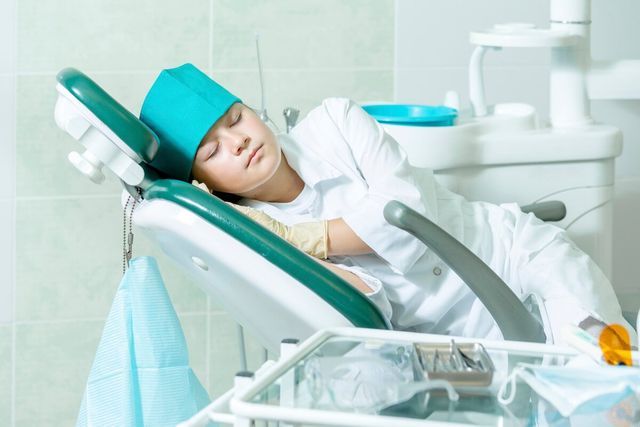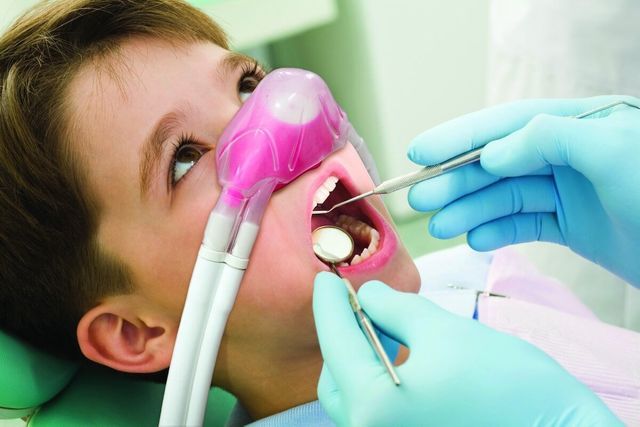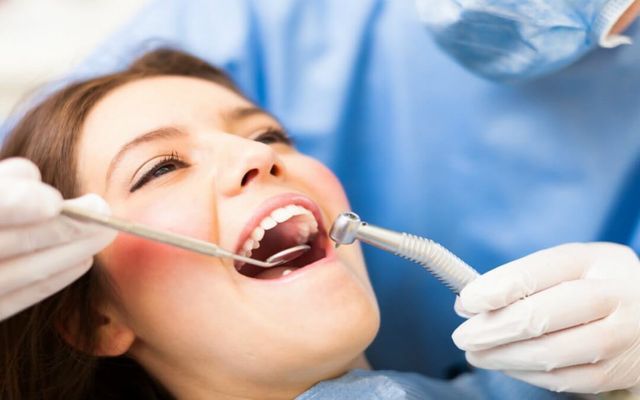Delta & South Surrey Sleep Dentistry
General Anesthesia
General Anesthesia is the anesthesia level usually recommended for children who are very uncooperative with dental treatments. It is similar to deep sedation for adults but in order to ensure the safety of children, advanced equipments are used to support their breathing while they are asleep. Like Deep sedation it requires highly trained staff and stringent accreditation by the dental regulatory college to be able to offer this mode of anesthesia. Our clinic in North Delta is accredited with CDSBC to offer general anesthesia.
Deep Sedation
Deep sedation or Sleep Dentistry is when you are actually asleep for your dental procedure. This method is recommended for adults who are unable to tolerate dental treatments for psychological (high anxiety) or physical (gag reflex) reasons. You will not have any memory of the procedure because you were asleep the entire time. Deep sedation can be administered by a dentist anesthesiologist(post graduate trained dentist.) These procedures MUST be performed at an accredited facility with advanced equipment and highly trained staff.
Delta & South Surrey Conscious Dentistry
Mild Sedation
In Mild Sedation you are fully conscious. This method is the lightest level of sedation and most dental clinics in BC refer to this method when they offer sedation. It involves using either Nitrous Oxide (laughing gas) or sedative pills. It is recommended for patients with very minor anxiety or discomfort. Using this level of sedation does not require a certification or registration of the dental clinic. Dentists usually get training to use this mode of sedation by taking a 1 or 2 day course.
IV Conscious Sedation
In Moderate sedation you are still conscious and have the ability to respond to questions and are still aware of your surroundings. You may or may not fall asleep but most patients will not be able to recall the dental procedure. General dentists can administer this type of sedation if they pass a special 2 week course. Most dentist choose to perform both the procedure and administer the sedation when using this type of sedation. However, in our clinics, we always have a highly trained separate sedation provider because it increases safety.





